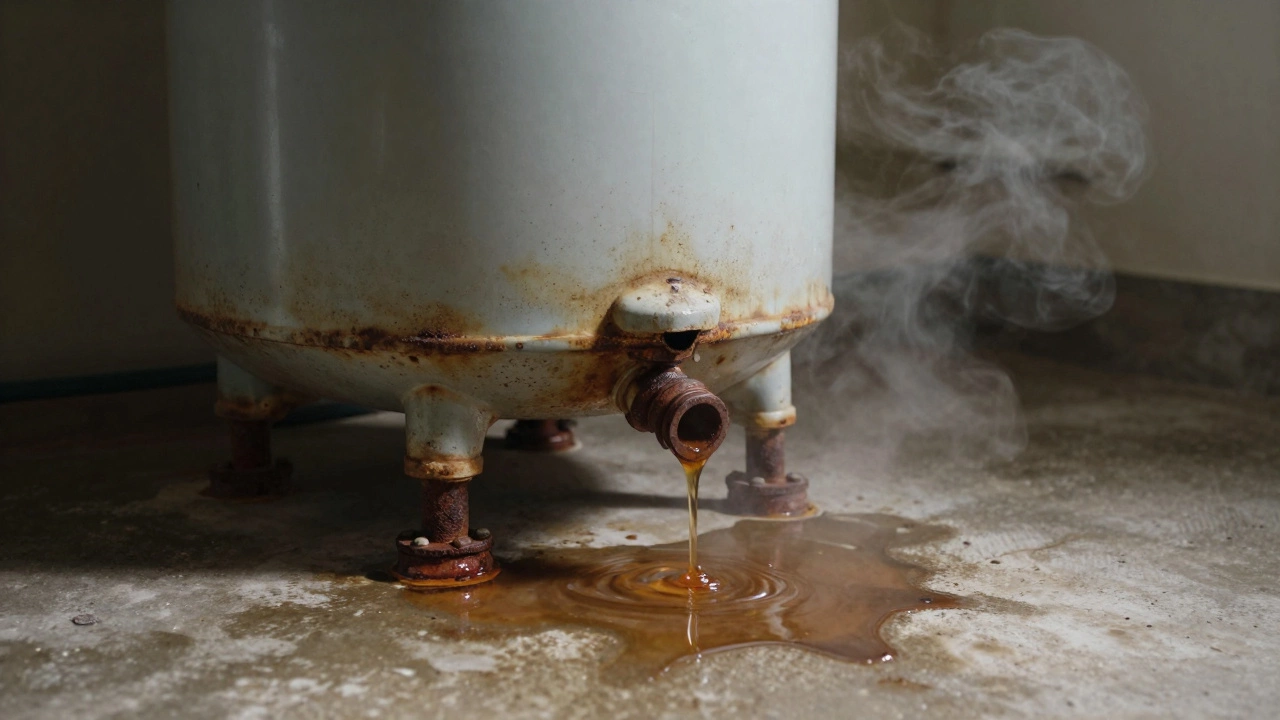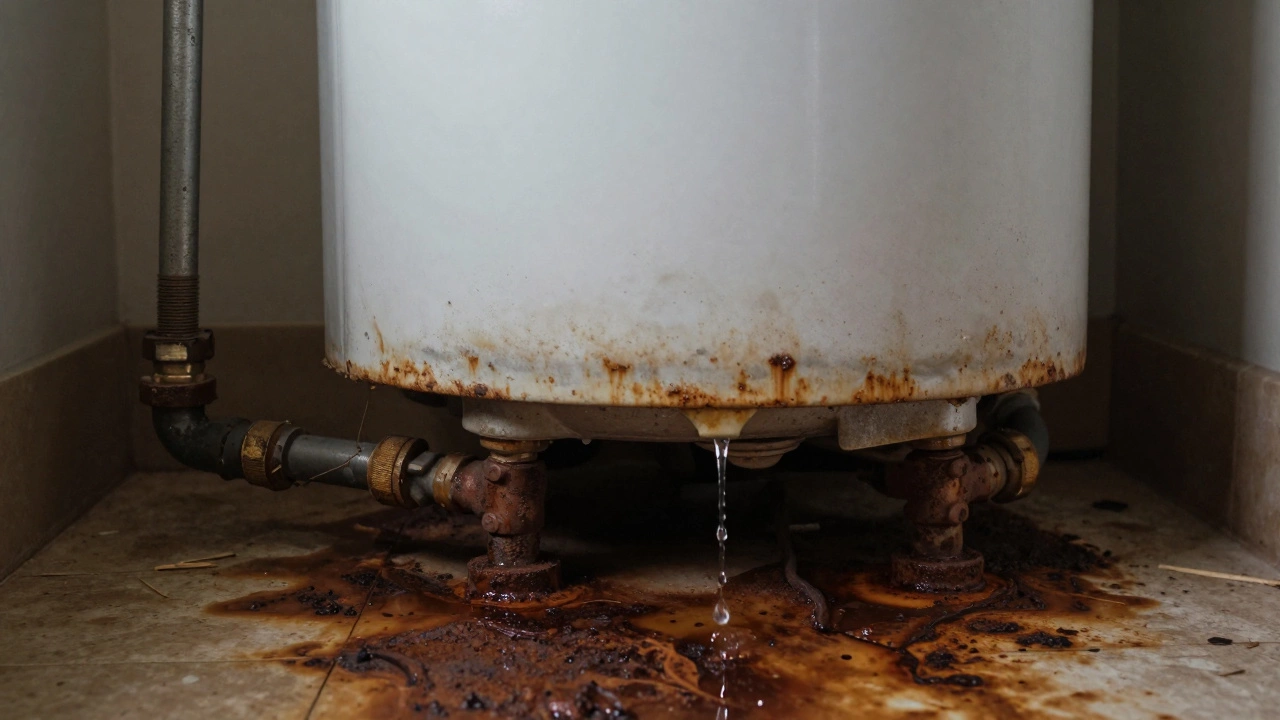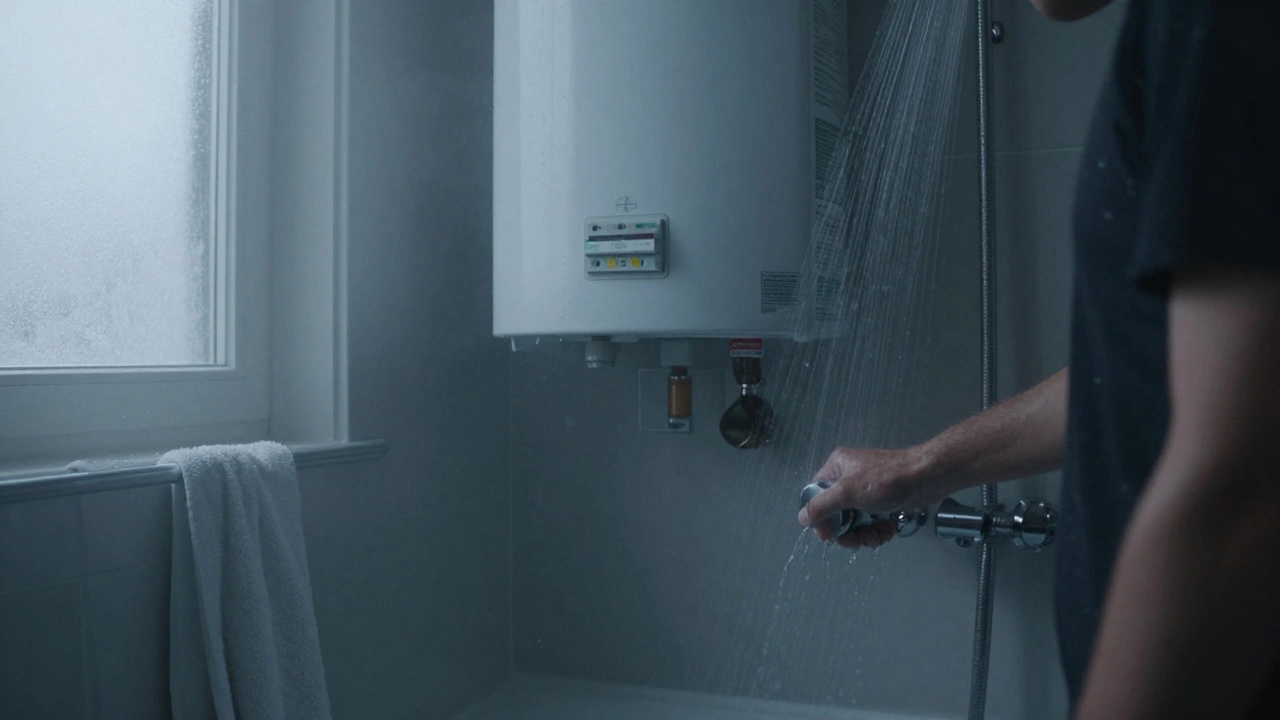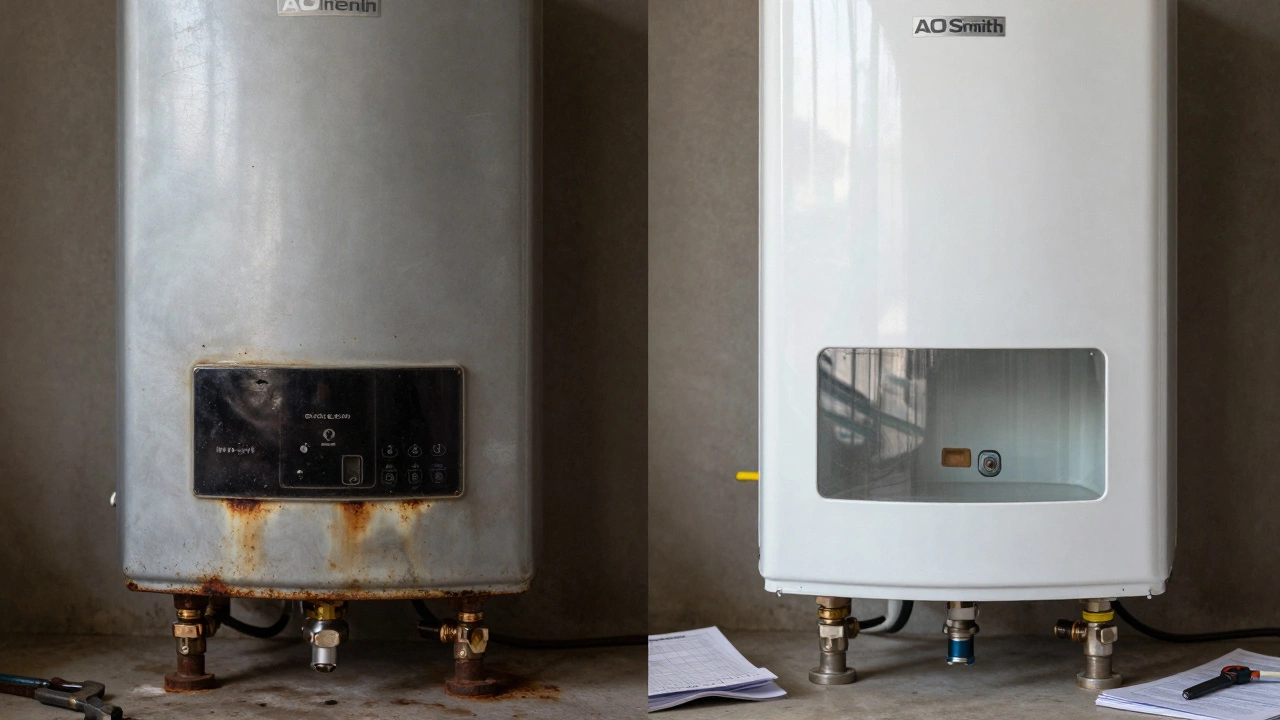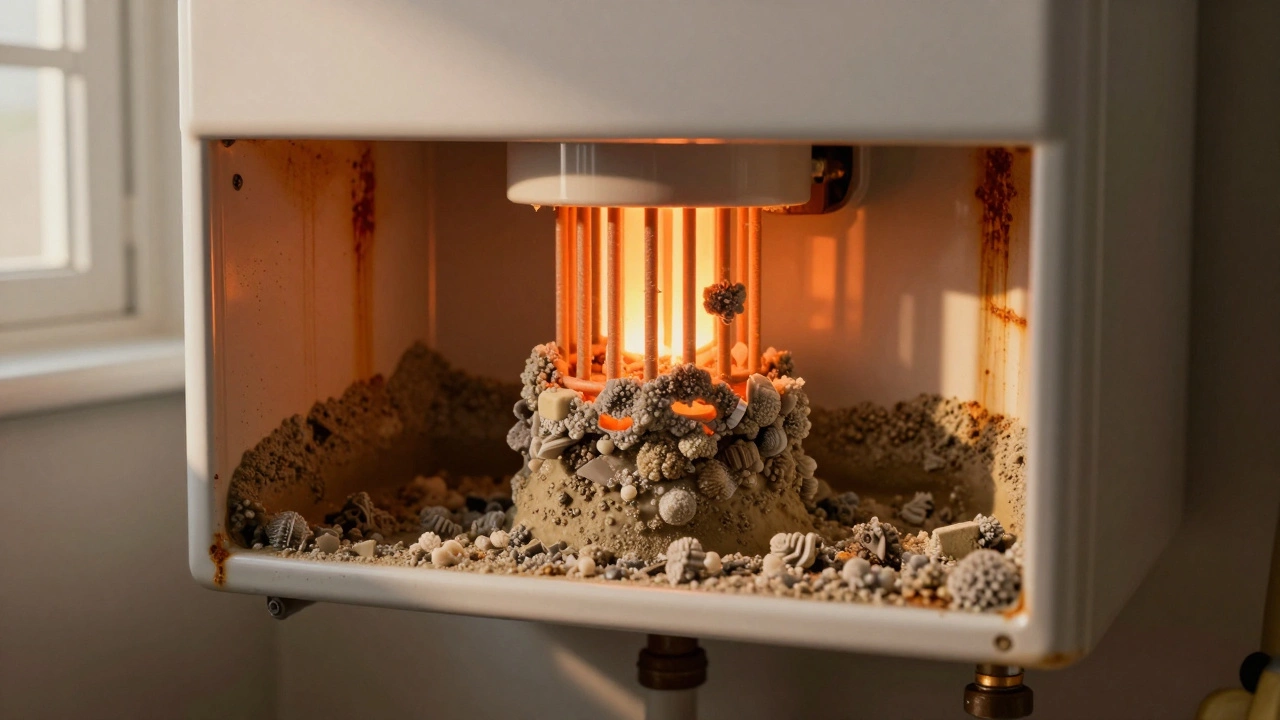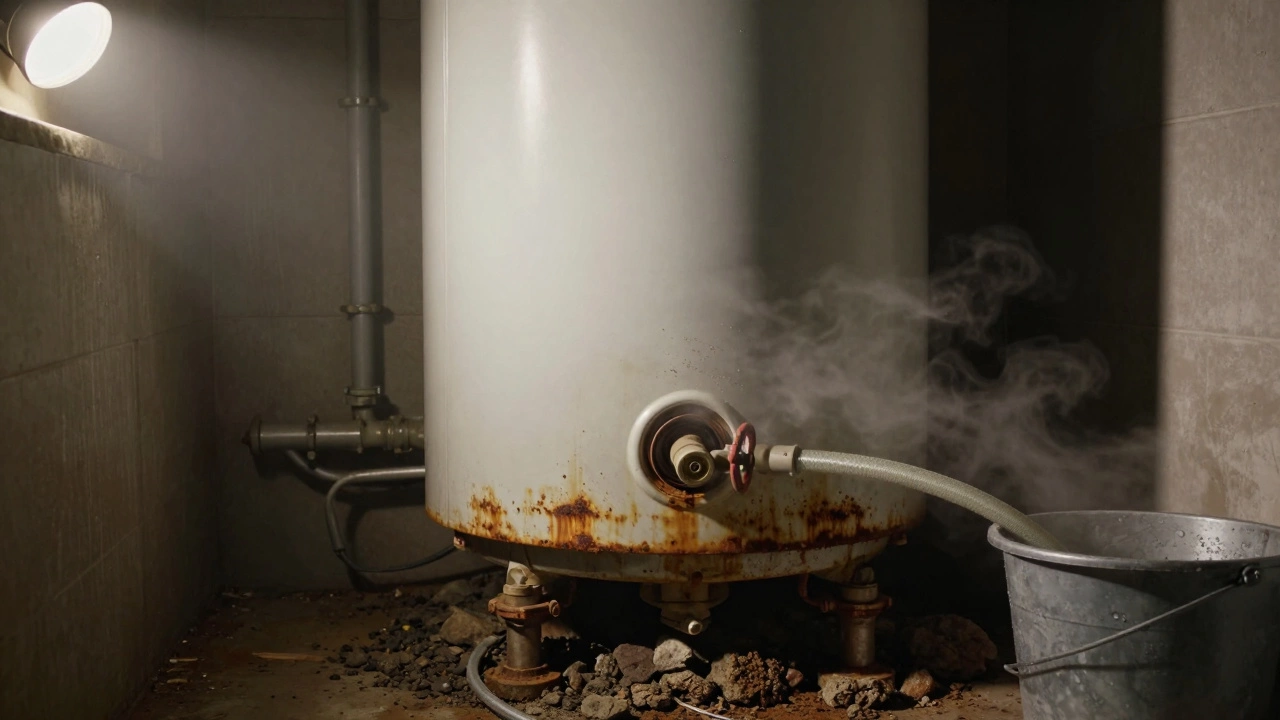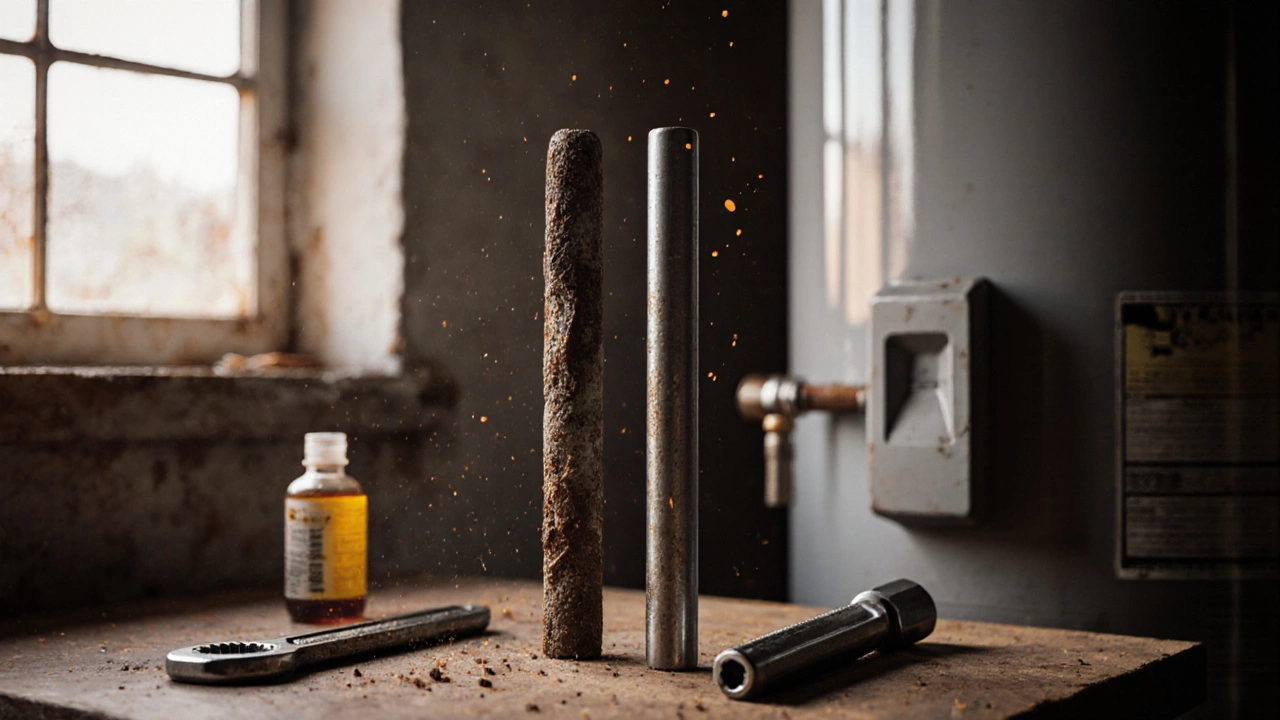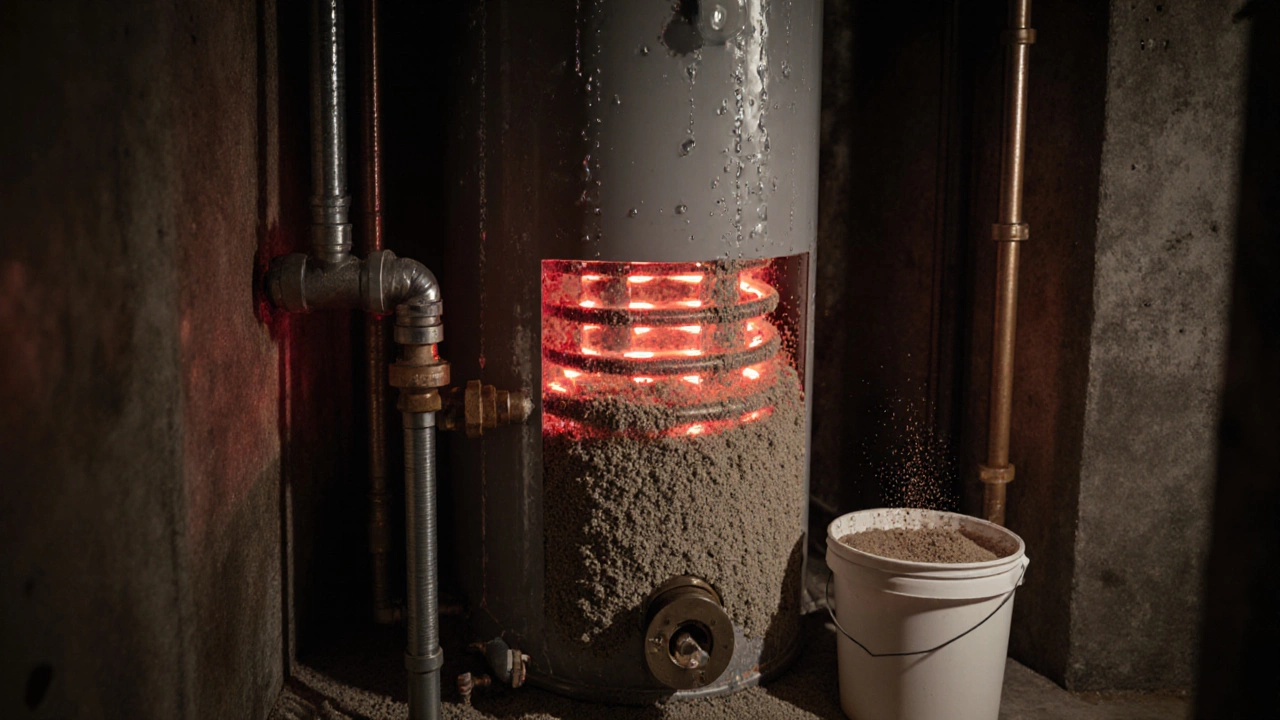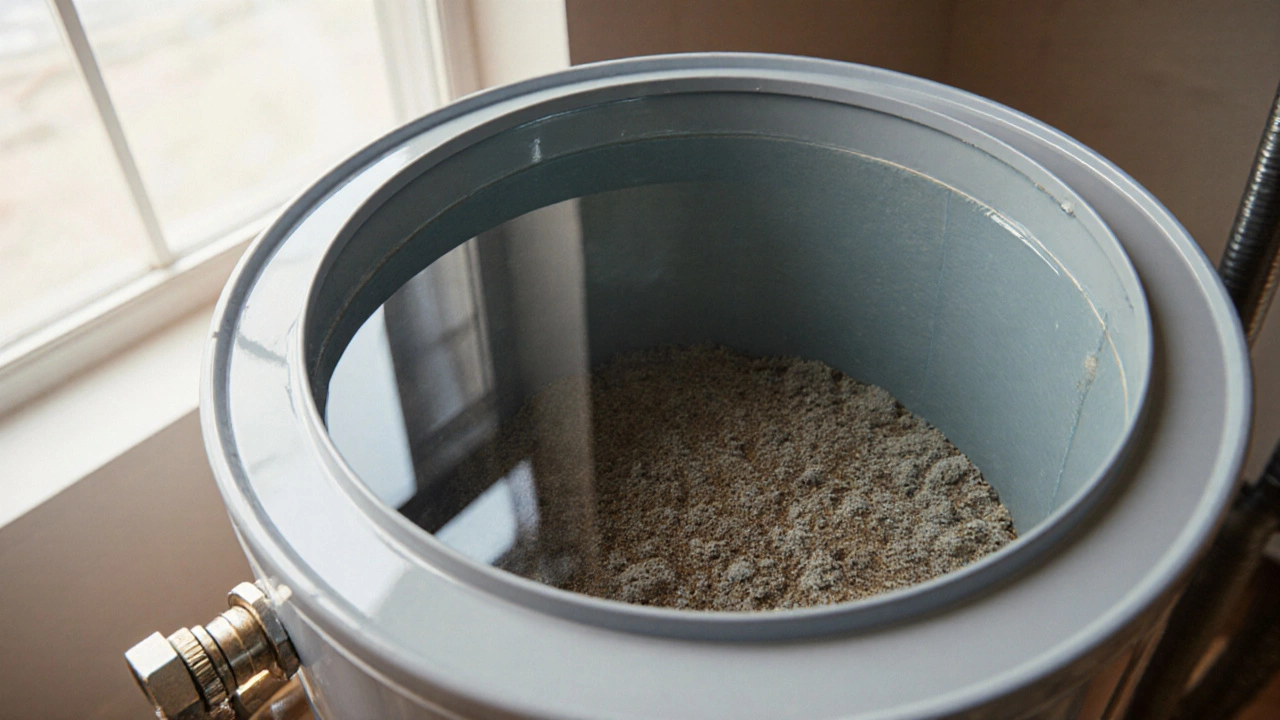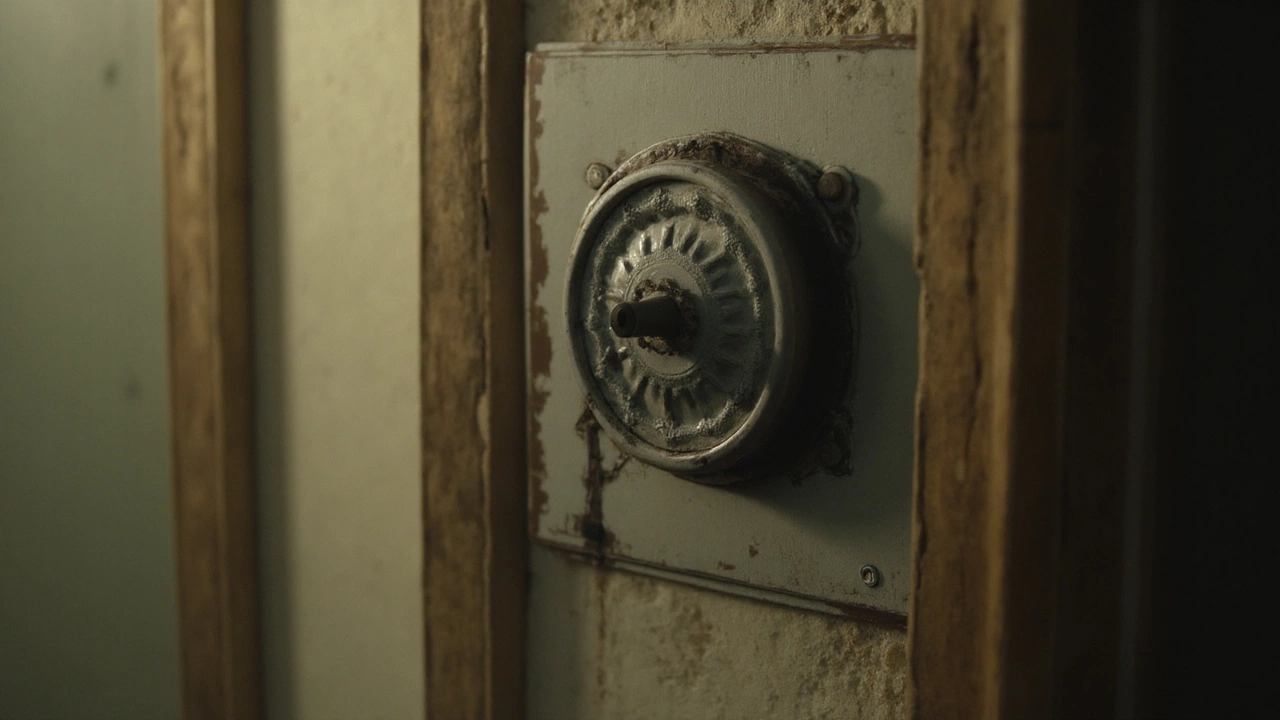Water Heater Repair: Simple Steps to Keep the Hot Water Coming
If you’ve ever stood under a cold shower because the water heater quit on you, you know how annoying it can be. The good news? Many heater problems have easy fixes, and even when you need a pro, you’ll know exactly what to look for. Below we break down the most common issues, quick DIY checks, and signs that it’s time to call in the experts.
Common Signs Your Heater Needs Attention
First off, spot the red flags early. If you notice any of these, grab a screwdriver and start troubleshooting.
- Cold water at the tap – The heater might be out of fuel, the thermostat could be set too low, or a heating element has failed.
- Strange noises – Banging or rumbling often means sediment buildup at the bottom of the tank.
- Frequent reset button trips – This usually points to a faulty thermostat or a bad heating element.
- Leaks around the tank – Look for water near the pressure valve, drain pipe, or the bottom of the unit. Leaks often mean a cracked tank or a loose valve.
- Rusty or discolored water – A dying anode rod can let the tank rust from the inside.
Spotting these clues early can save you from a big repair bill or a complete replacement.
DIY Fixes You Can Try Safely
Before you dial a professional, try these safe checks. Always turn off the power or gas supply first, and shut off the water line.
1. Reset the heater. Most electric models have a red reset button near the thermostat. Press it once, wait a minute, then turn the power back on. If the water stays hot, the reset was the solution.
2. Check the thermostat. Set it to about 120°F (49°C). If the water stays cold, the thermostat may be dead and needs replacement.
3. Flush out sediment. Connect a garden hose to the drain valve, open the valve, and let the tank empty. This clears mineral buildup that can cause overheating and noise.
4. Inspect the pressure‑relief valve. Lift the test lever; water should flow out and stop when you release it. If it drips continuously, replace the valve.
5. Look at the anode rod. Unscrew the rod (usually 1‑2 inches from the top) and check for heavy corrosion. If it’s more than 50% corroded, swap it out to protect the tank.
If any of these steps feel beyond your comfort zone, or if the heater still won’t produce hot water after trying them, it’s time to call a qualified repair technician.
Why call a pro? Certified technicians have the tools and experience to test electrical components, replace heating elements, and safely handle gas connections. They also spot hidden problems, like a cracked tank that could burst later.
When you do call a professional, mention the symptoms you observed. Giving details about noises, leak locations, or reset trips helps the technician diagnose faster and can lower your labor cost.
Remember, a well‑maintained heater can last 10‑15 years. Routine flushing and anode‑rod checks keep it running efficiently and cut down on energy bills.
Got a stubborn heater that won’t cooperate? Start with the reset, check the thermostat, flush the tank, and inspect the valves. If those steps don’t bring back the heat, reach out to a trusted repair service. With the right approach, you’ll be back to warm showers in no time.
What Are the Signs of a Water Heater Going Bad?
0 Comments
Learn the key signs your water heater is failing-discolored water, strange noises, leaks, and age. Catching these early can prevent floods and costly emergency repairs. In Dunedin’s cold winters, reliable hot water isn’t optional.
Read MoreWhat Is the Most Common Problem with a Hot Water Heater?
0 Comments
The most common problem with a hot water heater is a leaking tank, often caused by corrosion from hard water and salty air. Learn how to spot early signs, prevent damage, and when to replace it.
Read MoreWhat to Do When Your Water Heater Is Not Working
0 Comments
When your water heater stops working, don't panic. Learn how to troubleshoot common issues like no power, tripped breakers, sediment buildup, and pilot light failure - and know when to call a pro.
Read MoreRheem vs AO Smith Water Heaters: Which One Actually Lasts Longer?
0 Comments
Rheem and AO Smith are two top water heater brands. AO Smith lasts longer, handles hard water better, and has better warranty terms - making it the smarter long-term choice despite the higher upfront cost.
Read MoreWhat Is the Most Common Cause of Water Heater Failure?
0 Comments
The most common cause of water heater failure is sediment buildup from hard water. Learn how to spot the signs, prevent damage, and extend your heater's life with simple annual maintenance.
Read MoreWhat Happens If You Never Flush Your Water Heater?
0 Comments
Never flushing your water heater leads to sediment buildup, higher bills, and early failure. Learn what happens over time and how to fix it before it breaks.
Read MoreWhich Water Heater Brand Lasts the Longest? Real-World Durability Compared
0 Comments
Find out which water heater brands last the longest and how to make yours last 15+ years. Real-world durability comparisons for tank and tankless models, plus maintenance tips to avoid costly failures.
Read MoreHow Much Does It Cost to Replace the Anode Rod in a Water Heater?
0 Comments
Replacing your water heater's anode rod costs $150-$400 and can extend your heater’s life by years. Learn when to replace it, how to choose the right rod, and why skipping it risks costly damage.
Read MoreWhy Do Water Heaters Fail So Quickly?
0 Comments
Water heaters often fail early due to sediment buildup, corroded anode rods, high pressure, and wrong temperature settings. Learn how simple maintenance can double your heater's lifespan.
Read MoreOptimal Water Heater Flushing Frequency: Keep Your Hot Water Efficient
0 Comments
Learn the ideal water heater flushing schedule, step‑by‑step guide, signs of sediment buildup, and maintenance tips to keep hot water efficient and durable.
Read MoreWhat Happens If You Keep Resetting Your Water Heater? Risks, Fixes, and Safe Steps
0 Comments
If your water heater keeps tripping, stop hammering reset. Learn the real risks, quick checks, safe resets, when to call a pro, and how to fix it for good.
Read MoreSigns You Need a New Hot Water Heater: How to Know When It's Time
0 Comments
Your water heater might be whispering (or groaning) that it needs to retire. Learn how to spot telltale signs and save yourself from cold showers & costly leaks.
Read More